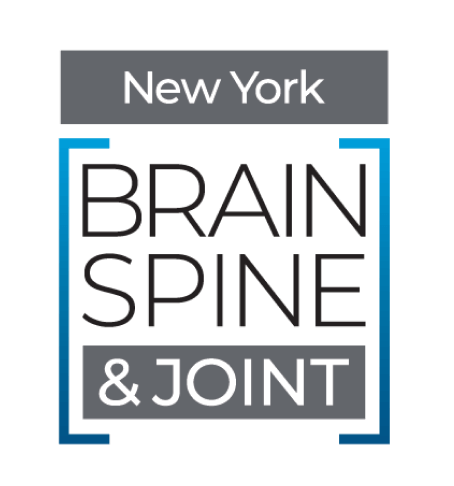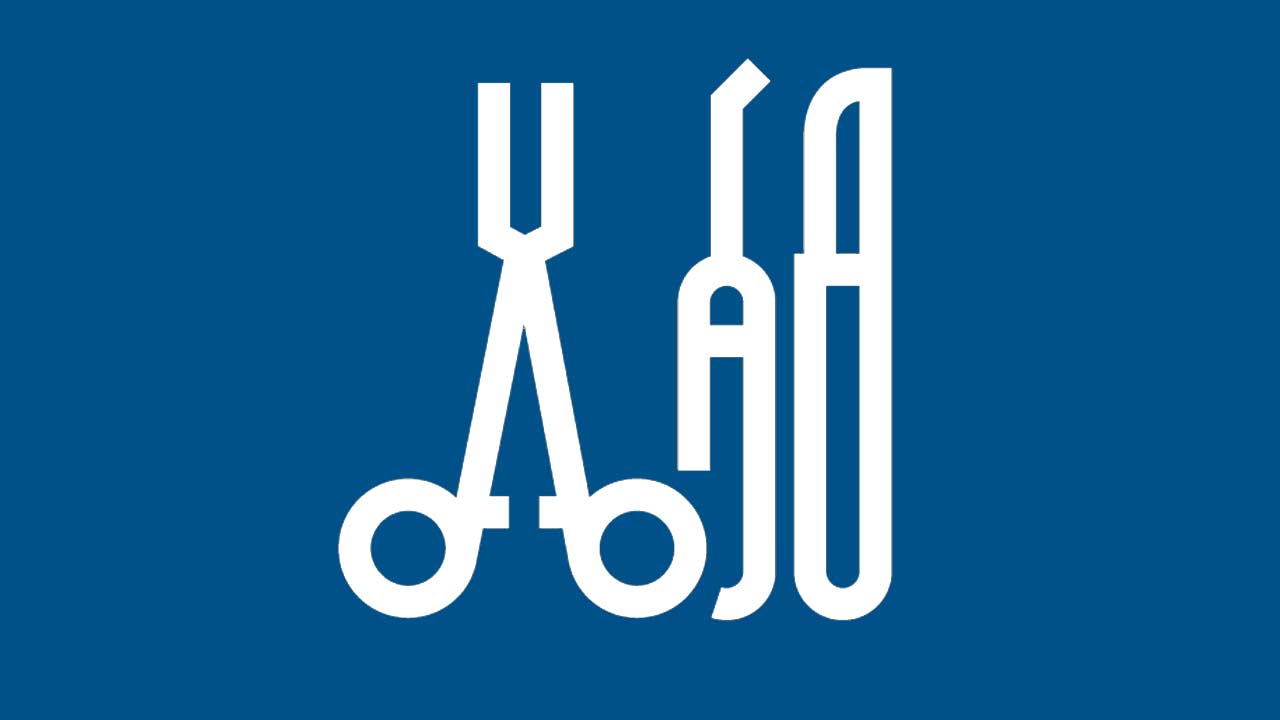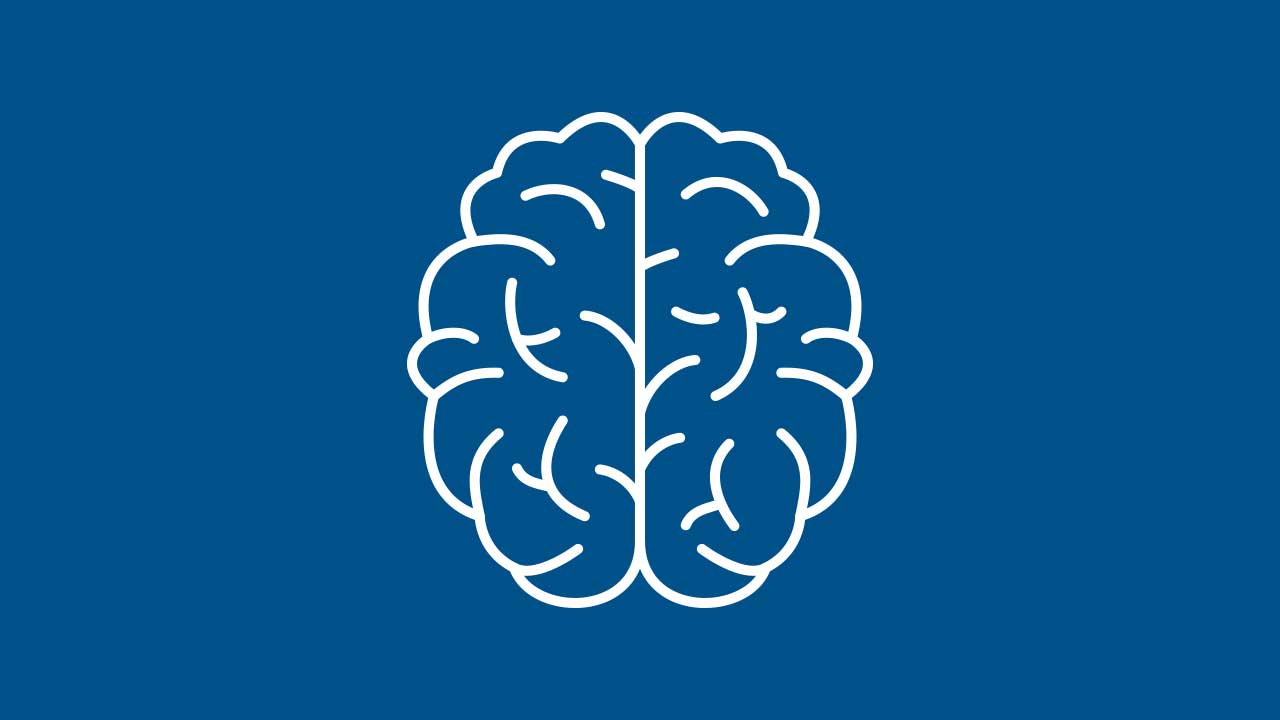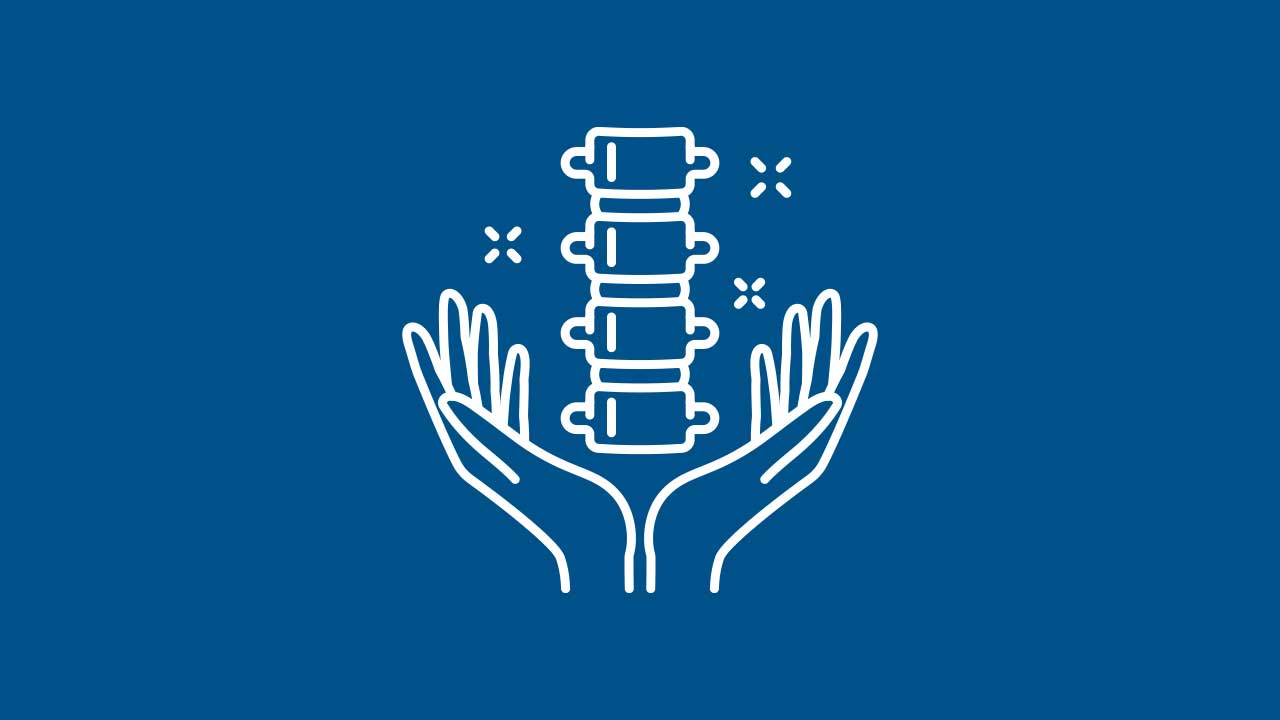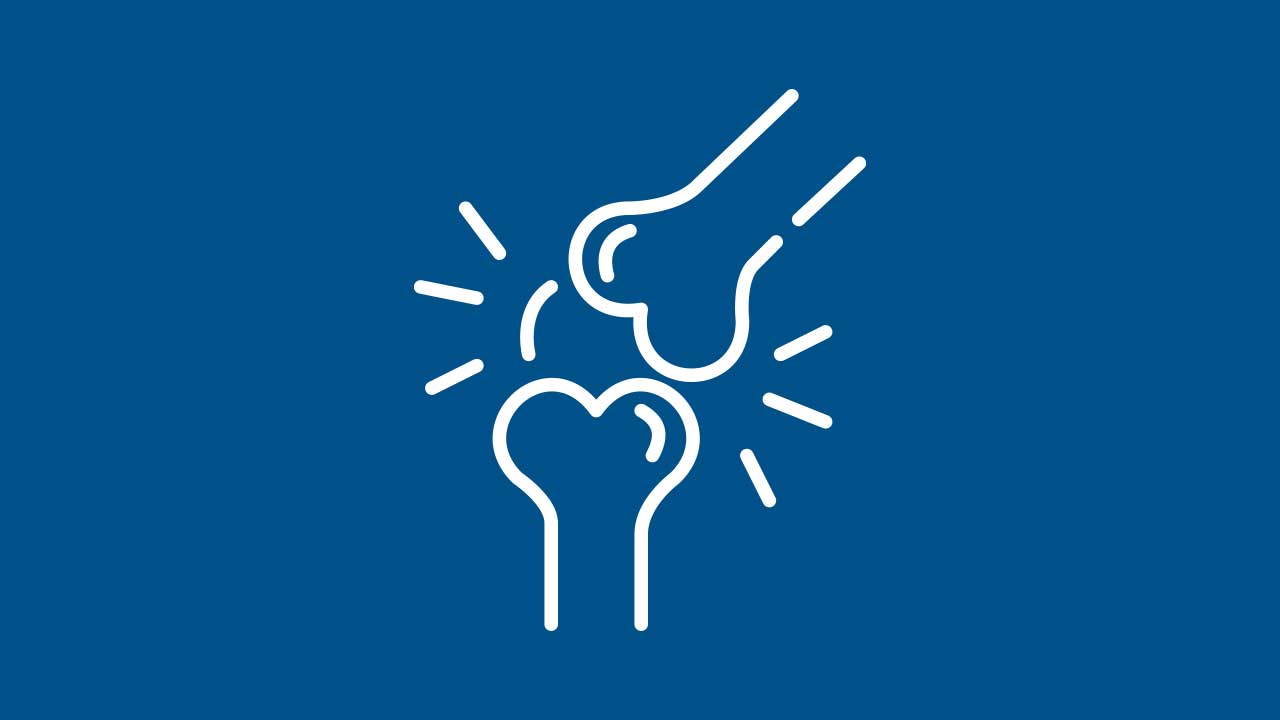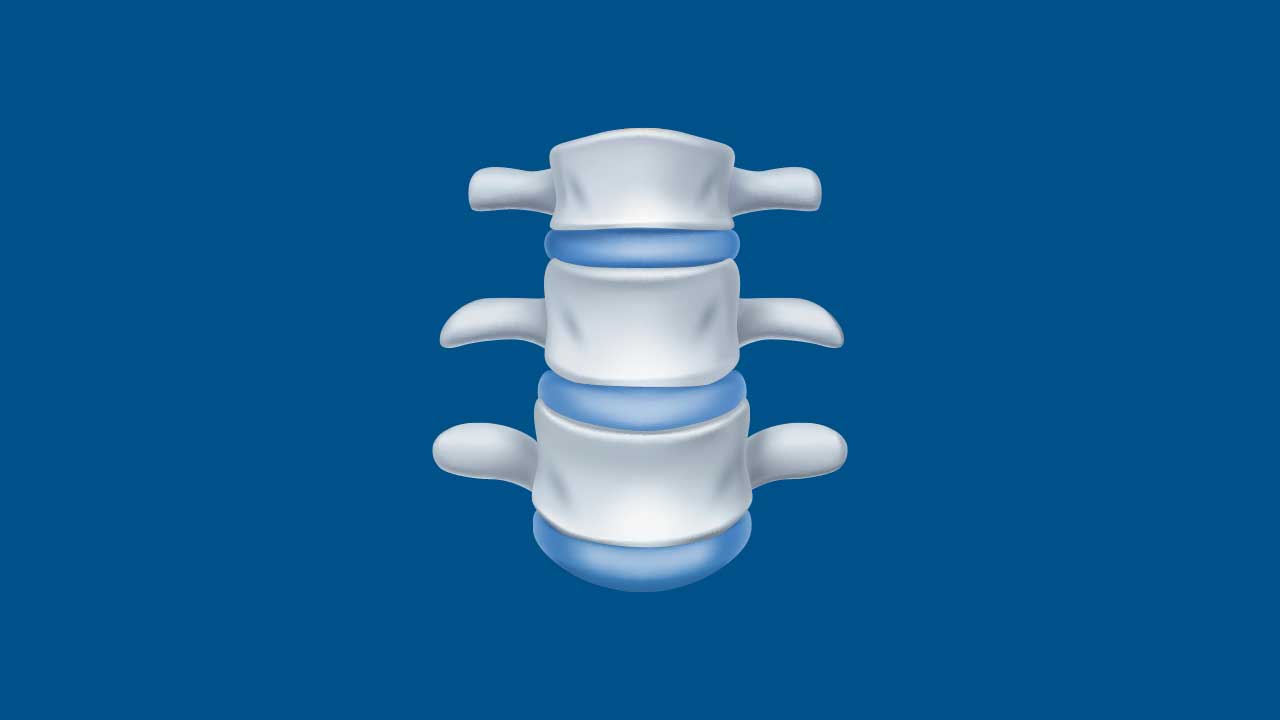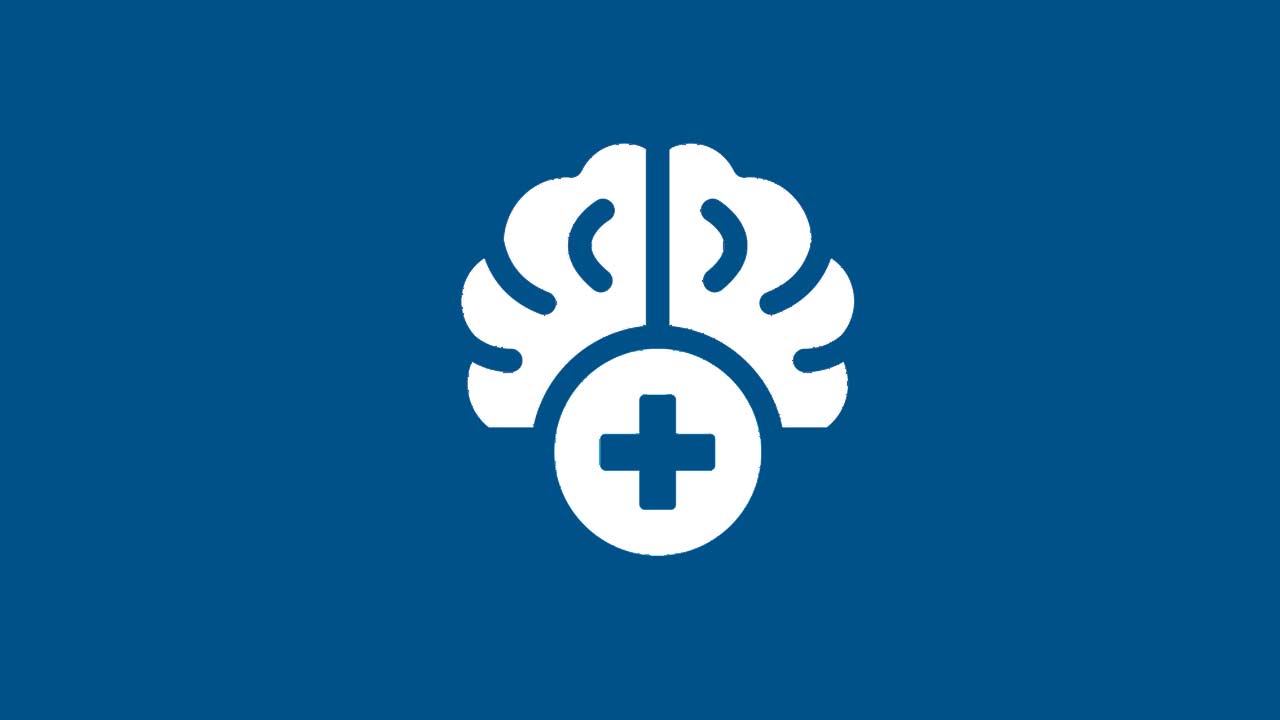TMJ Pain
TMJ Pain: Understanding, Diagnosing, and Treating Jaw Discomfort
Temporomandibular joint (TMJ) pain refers to discomfort or dysfunction in the joints connecting your jawbone to your skull, located just in front of your ears. These joints are crucial for everyday activities such as chewing, speaking, yawning, and facial expressions. TMJ disorders (TMD) can significantly affect your quality of life, causing pain, discomfort, and restricted movement. Below, we offer a comprehensive look at the causes, symptoms, diagnostic approaches, and treatment options for TMJ pain, along with strategies to manage symptoms and maintain a healthier, pain-free jaw.
Understanding the Temporomandibular Joint (TMJ)
The temporomandibular joints act as hinges, allowing your jaw to move smoothly in multiple directions, enabling chewing, speaking, and yawning. Each joint comprises cartilage and a small shock-absorbing disc that cushions and enables smooth jaw movements. When this joint or the surrounding muscles become injured, inflamed, or otherwise impaired, TMJ disorders can develop.
What Causes TMJ Pain?
Several factors may contribute to TMJ pain, including:
Joint and Muscle Problems
- Arthritis: Both osteoarthritis (wear-and-tear) and rheumatoid arthritis (inflammation-based) can affect the TMJ.
- Disk Displacement: The cushioning disc within the joint can shift out of alignment, causing pain or limiting jaw movement.
- Jaw Injury or Trauma: Blows or injuries to the jaw can lead to TMJ issues.
Behavioral Factors
- Teeth Grinding (Bruxism): Chronic grinding or clenching can strain the TMJ and surrounding muscles.
- Poor Posture: Habitually holding your head forward can strain jaw muscles and joints.
Structural Issues
- Misaligned Bite or Dental Issues: Uneven bite alignment can put excessive stress on the TMJ.
Stress and Anxiety
- Increased muscle tension from stress can exacerbate TMJ symptoms.
Who Is at Risk?
You may be more prone to TMJ disorders if you have:
- Chronic teeth grinding or clenching habits
- Arthritis, particularly rheumatoid arthritis
- Previous jaw or facial injuries
- Poor posture, especially affecting head and neck alignment
- Stress-related muscle tension
Common Symptoms of TMJ Disorders
TMJ pain symptoms vary but commonly include:
- Pain or tenderness in the jaw joint, face, neck, or shoulders
- Difficulty opening your mouth fully (jaw stiffness)
- Clicking, popping, or grating sounds when moving your jaw
- Locking of the jaw in an open or closed position
- Ear pain, ringing in the ears (tinnitus), or hearing problems
- Headaches or facial pain
- Swelling around the jaw area
Diagnosing TMJ Disorders
Diagnosis involves a thorough evaluation by healthcare professionals specializing in TMJ disorders, including oral and maxillofacial specialists, dentists, or ENT specialists:
Medical and Dental History
- Reviewing your symptoms, medical conditions, and any previous injuries or dental procedures
Physical Examination
- Checking jaw alignment, range of motion, and areas of tenderness
- Listening for clicking or popping sounds during jaw movements
Imaging and Diagnostic Tests
- X-rays: Assess joint alignment and detect arthritis or structural problems
- MRI: Provides detailed images of the joint's soft tissues, discs, and surrounding muscles
- CT Scan: Offers detailed views of the bone structures and joint abnormalities
Non-Surgical Treatment Approaches
Conservative therapies often effectively manage TMJ disorders:
Pain Management
- Medication: NSAIDs, muscle relaxants, or prescribed pain medications
- Topical Treatments: Creams or ointments applied to the jaw muscles
Dental Treatments
- Bite Guards (Splints): Prevent grinding and clenching, reducing joint stress
- Orthodontics: Correct misaligned teeth or bites
Physical Therapy
- Exercises to strengthen jaw muscles, enhance flexibility, and relieve tension
- Ultrasound, heat/cold therapies, or manual therapy techniques
Lifestyle Adjustments
- Stress management techniques, such as relaxation exercises or meditation
- Dietary changes (avoiding hard, chewy foods)
- Postural corrections and ergonomics
Surgical Treatment Options
When conservative methods do not provide adequate relief, surgical interventions may be considered:
- Arthrocentesis: Minimally invasive procedure to flush the joint and reduce inflammation
- Arthroscopy: Minimally invasive surgery to repair joint tissues
- Open Joint Surgery: Reserved for severe joint damage, reconstruction, or replacement procedures
Recovery and Long-Term Management
After treatment, your healthcare provider may recommend:
- Regular follow-up visits to monitor progress
- Continued physical therapy exercises to maintain joint health
- Lifestyle modifications, stress reduction, and ongoing dental care
Preventing TMJ Disorders
While not all cases can be prevented, you can lower your risk by:
- Avoiding excessive jaw movements or strain
- Reducing stress and muscle tension
- Maintaining good posture, particularly of the head and neck
- Wearing a bite guard if prone to grinding or clenching teeth
Our Multi-Disciplinary Approach in NYC
Our multi-location, multi-disciplinary medical practice in the New York City metro area provides comprehensive care for TMJ disorders. Our dedicated team, including oral and maxillofacial surgeons, ENT specialists, dentists, pain management experts, and physical therapists, collaborates to deliver personalized, evidence-based treatment plans. Our goal is to improve function, alleviate pain, and enhance your overall quality of life, serving patients from New York, across the U.S., and internationally.
Additional Resources
- National Institute of Dental and Craniofacial Research – TMJ Disorders
- American Dental Association – TMJ
Conclusion
TMJ pain can significantly affect your ability to enjoy life comfortably. However, with proper diagnosis and an integrated treatment approach, relief is possible. Our expert team in the New York City metro area offers advanced diagnostics, personalized therapies, and comprehensive care to address TMJ disorders effectively.
Disclaimer: This article is intended for informational purposes only. It is not a substitute for professional medical advice, diagnosis, or treatment. Always consult a qualified healthcare provider for guidance on any medical condition or treatment plan.
